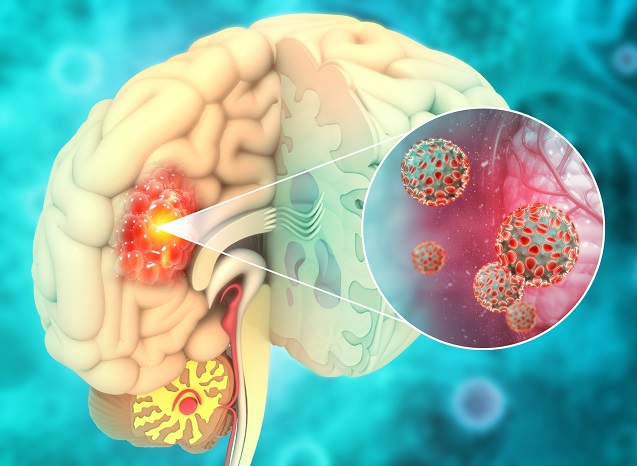Blood-Based Test Allows for Minimally Invasive Detection of IDH1.R132H-Mutant Gliomas
Posted on 04 Sep 2024
Glioma is the most prevalent type of central nervous system cancer in adults. It is classified based on molecular alterations, notably the IDH1.R132H mutation, which helps in grouping lesions into different prognostic categories. Traditionally, gliomas are diagnosed through neuroimaging and subsequent tissue biopsies, which include surgical biopsies or resections. These methods, while standard, carry procedural risks and may not capture the full complexity and variability of the tumor. Moreover, knowing the IDH mutation status before surgery can guide the surgical approach. Researchers have now developed a blood test that detects tumor-derived extracellular RNA from just 2ml of blood, providing a minimally invasive diagnostic option.
The blood-based test, mt-IDHIdx, was developed by researchers at Massachusetts General Hospital (Boston, MA, USA) and validated across the study population (n=133) involving 133 individuals—80 with IDH1.R132H mutant gliomas, 44 with IDH1 wild-type gliomas, and nine healthy controls. The results from plasma testing published in Nature Communications show an overall sensitivity of 75.0% (95% CI: 64.1%–84.0%) and a specificity of 88.7% (95% CI: 77.0%–95.7%), with a positive predictive value of 90.9% and a negative predictive value of 70.1%, when compared to the traditional tissue-based methods. This blood-based testing not only serves diagnostic purposes but is also useful for ongoing monitoring and surveillance of the disease.

The workflow of this testing method is optimized, allowing for the analysis of tumor tissue and plasma samples to be completed in less than four hours from collection. With the ability to detect the IDH1 mutation from a blood sample, this approach enables non-invasive diagnosis and the monitoring of disease progression, treatment response, or recurrence. This breakthrough comes at a pivotal time as the FDA recently approved a new therapy, vorasidenib, targeting this mutation. Once the blood test is approved, it could significantly aid in selecting appropriate treatments and in managing patient care over time.
Related Links:
Massachusetts General Hospital














